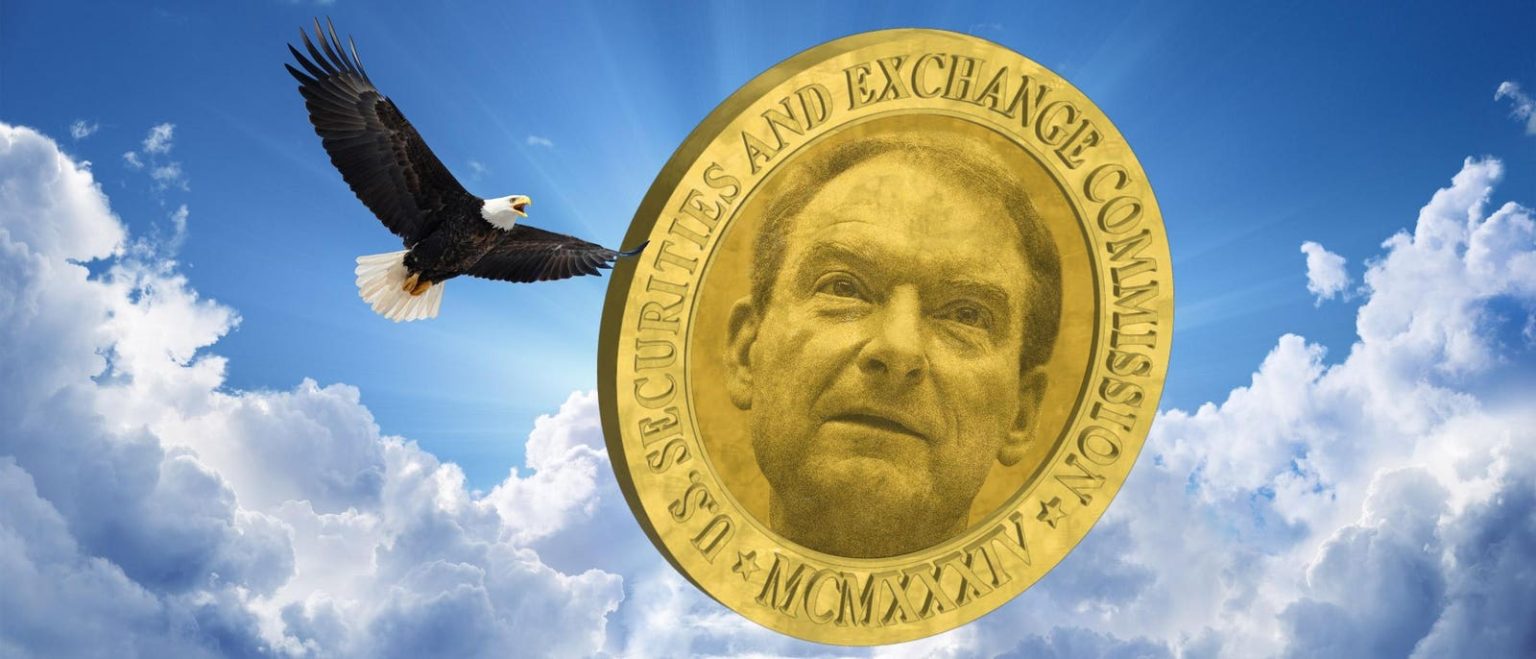Paul Atkins: Trump’s SEC Pick and Ties to Billionaire Family Raise Questions
President-elect Donald Trump’s nomination of Paul Atkins to chair the Securities and Exchange Commission (SEC) has sparked considerable interest, not only due to Atkins’ previous experience as an SEC commissioner and his pro-cryptocurrency stance but also because of his connection to a prominent billionaire family. Atkins’ wife, Sarah Humphreys Atkins, is a direct descendant of E.L. Craig, the founder of Tamko Building Products, a major roofing manufacturer in the United States. This familial tie places Atkins within the orbit of significant wealth and influence, raising questions about potential conflicts of interest as he prepares to potentially lead the agency responsible for regulating the nation’s financial markets.
The Humphreys family, descendants of E.L. Craig, retain a 75% stake in Tamko, a privately held company with an estimated value exceeding $3.5 billion. Sarah Atkins and her brother, David Humphreys, each control a substantial portion of this stake, making them billionaires in their own right. Both siblings, along with their spouses, serve on Tamko’s board, underscoring their active involvement in the company’s operations. The company’s success has allowed for substantial dividend payouts to family members, potentially totaling hundreds of millions of dollars annually. This financial backdrop adds another layer of complexity to Atkins’ nomination, highlighting the interplay between private wealth and public service.
While Paul Atkins’ professional credentials include legal work at prominent firms and his previous tenure at the SEC, the revelation of his wife’s connection to the Humphreys family adds a new dimension to his profile. This familial link raises concerns about potential biases and how his personal connections might influence his decisions if confirmed as SEC chair. The agency plays a critical role in overseeing market integrity and investor protection, making impartiality and objectivity paramount for its leadership.
Further complicating the narrative is David Humphreys’ vocal opposition to Donald Trump, despite being a significant donor to Republican causes. This political divergence within the family underscores the intricate dynamics surrounding Atkins’ nomination and raises questions about how these differing political viewpoints might affect his role at the SEC. The agency’s independence from political influence is crucial for maintaining public trust, and any perceived bias could undermine its credibility.
The Atkins-Humphreys connection also extends beyond familial ties and into the realm of shared business interests. Documents from the 2016 Panama Papers revealed Atkins’ directorship in several offshore entities linked to the Humphreys family. While the nature of these entities and their operations remains somewhat opaque, their existence adds to the scrutiny surrounding Atkins’ financial dealings and potential conflicts of interest. Transparency and ethical conduct are fundamental for a role as sensitive as SEC chair, and any appearance of impropriety could erode public confidence in the agency’s integrity.
Atkins’ nomination reflects a broader trend within the Trump administration of appointing individuals with close ties to wealthy families and business elites. This pattern raises broader questions about the influence of wealth and personal connections in shaping public policy decisions. The SEC’s mandate is to protect investors and ensure fair markets, requiring impartial leadership that prioritizes the public interest over private gain. The spotlight on Atkins’ family ties underscores the need for rigorous scrutiny of his nomination to ensure the agency’s independence and effectiveness in its crucial role overseeing the financial markets.
The convergence of Atkins’ regulatory experience, his pro-cryptocurrency stance, his wife’s substantial wealth tied to a family business, and his past involvement in offshore entities creates a complex tapestry of potentially conflicting interests. As the Senate considers his confirmation, these connections will undoubtedly be carefully examined to determine their potential impact on his ability to lead the SEC with impartiality and integrity. The agency’s reputation and effectiveness depend on public trust, and any perception of bias or undue influence could compromise its ability to fulfill its critical mission.











